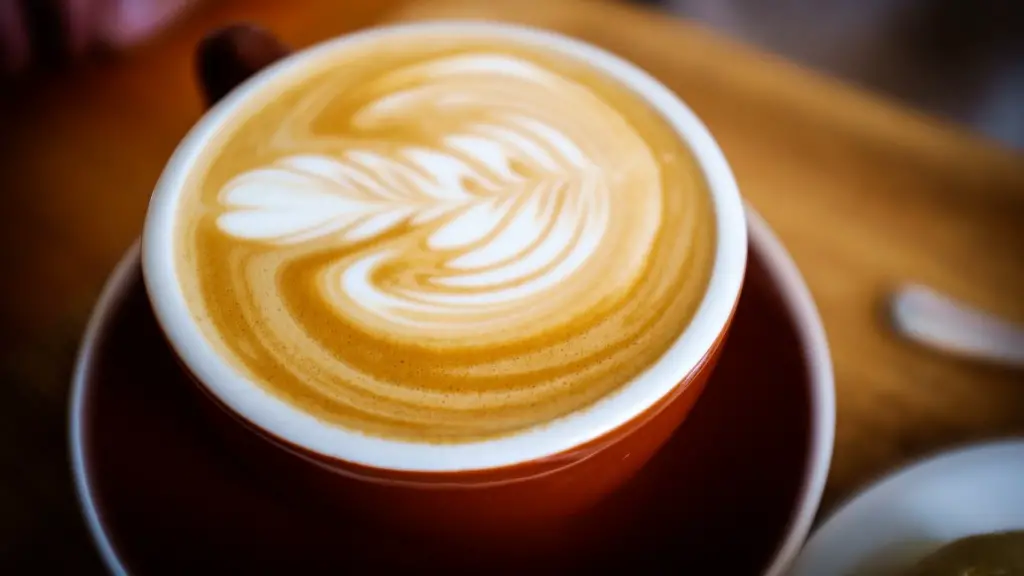Health Benefits of Water Fasting with Coffee
Coffee, as we all know, is a hot beverage enjoyed by millions as a pick-me-up, to wake us up in the mornings, and simply to satisfy our taste buds. Yet, we often get asked the question: can I drink coffee while on a water fast? The answer is complex and nuanced, so in this article we aim to provide useful and factual information – based on latest scientific studies – regarding the benefits of pairing coffee with a water fast.
Water fasting has recently become quite popular as a form of detoxification and is generally safe when conducted in observed intervals and for shorter periods of time. It usually involves fasting for between one to seven days, only consuming water or juice, and abstaining from food or other beverages. Adding coffee to the mix, however, is a relatively new concept.
While many scientific papers provide evidence of the long term health benefits of fasting, the addition of coffee to the fasting regime has only been recently well-documented. In fact, some experts believe there may actually be health benefits to getting ‘caffeinated’ during a fast. Dr. Yoni Freedhoff, an obesity specialist, claims that the addition of coffee to a water fast may improve performance and provide some much needed alertness during the fast.
Additionally, a recent study conducted at the Earlham Institute showed that combining intermittent fasting with a single cup of coffee per day can reduce oxidative stress, improve metabolism, and increase longevity. Furthermore, the study identified that drinking coffee also helps to reduce hunger during the fast, enabling participants to complete the fast more easily.
Ultimately, when weighing up whether to incorporate coffee into a water fast, it is vital to consider the potential risks of mixing caffeine and fasting. According to the Mayo Clinic, some individuals may over-react to the combination of caffeine and fasting, resulting in dizziness or reverting to a ‘hunger response’. Additional side effects can include diarrhea, headaches and nausea.
Exercise Benefits While Fasting with Coffee
Caffeine is known for its ability to increase energy levels, and therefore it makes perfect sense to drink it when engaging in physical activity. Studies have indicated that consuming caffeine prior to physical activity helps to improve performance, reduce fatigue and improve endurance.
Furthermore, drinking coffee before exercise also has the potential to enhance weight loss during a period of fasting. Studies have shown that caffeine accelerates the thermogenic effect of exercise, which means that more calories are burned – even if you’re not engaging in intense physical activity.
Drinking caffeine before exercise is also great for increasing your focus and so any form of exercise is enhanced by the addition of coffee. This is due to the effect that caffeine has on certain neurotransmitters in the brain, resulting in increased alertness and concentration.
Although the added energy is not enough to make up for lost nutrients, water fasting with coffee could be a great way to take your physical activity to the next level.
Effects of Caffeine on Water Fasting
Studies have shown that the impact of caffeine on water fasting can have both positive and negative affects. As discussed previously, some believe that the addition of caffeine can aid in weight loss, increase performance, improve alertness and reduce hunger.
However, increased caffeine consumption during water fasting has also been known to affect sleep patterns. Caffeine has a half-life of around 4-6 hours and therefore can have a negative impact on sleep if consumed later in the day. This is especially important when on a water fast since not getting sufficient rest can further deplete your energy levels.
As a result, it is important to be aware of the effects of caffeine on your individual health and to plan accordingly.
How Much Coffee Should I Have When On Water Fasting?
It is generally thought that to maximize the performance benefits provided by caffeine, an individual should limit their consumption to no more than two cups per day – ideally spaced out, rather than one cup in a single sitting.
If you are new to fasting, it might be a good idea to start slowly and experiment with different amounts — perhaps adding one cup of coffee for the first few days, then increasing it to two cups over the course of the fast. This way, you can assess the impact the caffeine is having on your body and modify your intake accordingly.
Furthermore, the strength of the coffee may also need to be taken into account. Dark roasts contain more caffeine than lighter roasts, and decaffeinated coffee may potentially be a better option when on a water fast — since it still contains some traces of caffeine, but to a much lesser extent.
Finally, due to caffeine’s negative effect on rest, it is vital that water fasting with coffee should not be done in close succession — a break of a week or two is advised, to give your body the opportunity to rest.
Conclusion
While many of the health benefits of adding coffee to a water fast are debatable, the consensus does seem to lean towards the idea that it can help in some way. This is due to the many positive effects that caffeine has on physical and mental performance — provided it is consumed in controlled amounts.
Therefore, if you feel that you would benefit from greater alertness and energy during your water fasting journey, then adding a moderate amount of coffee to your fasting regime may help. However, it is crucial to remember to remain mindful of your caffeine intake, as consuming too much may potentially cause an adverse reaction.

